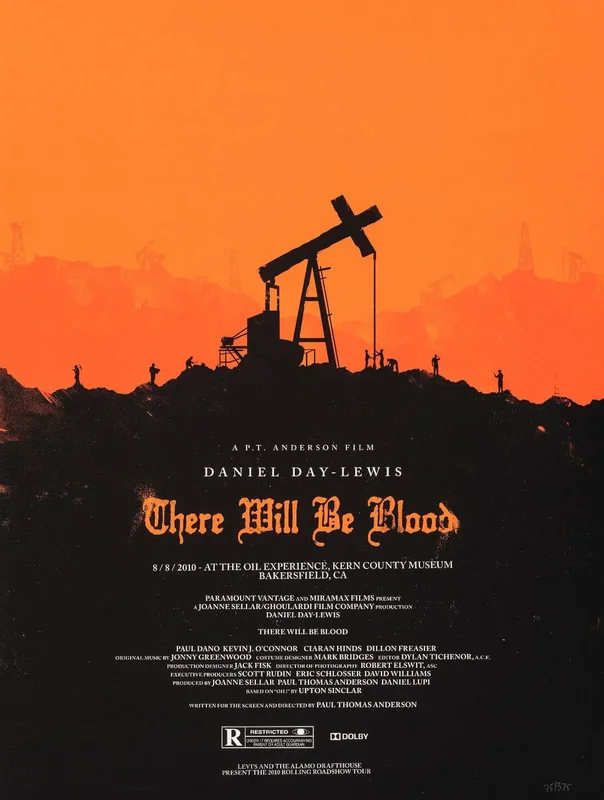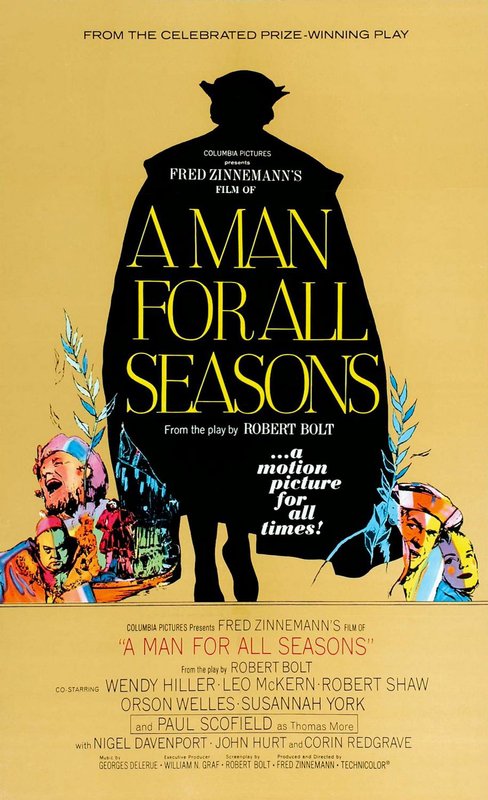
God's Little Acre - 1958
Directed by Anthony Mann
Written by Philip Yordan (Ben Maddow)
Starring Robert Ryan, Aldo Ray, Buddy Hackett, Jack Lord, Fay Spain
Vic Morrow, & Tina Louise
I approached God's Little Acre a little warily after hearing mixed things about it - but I was pleased to have found it in a second-hand store's DVD rack for a buck, and seeing as I needed to see it counted that as providence. Was that providence, or was I being cursed? That's hard to say, for even though this film veers off the track here and there, I did notice aspects that I liked and thought it did really well for a steamy pulp drama from the 1950s. It's based on a controversial 1933 novel by Erskine Caldwell, which caused a scandal - it ended up being banned in Saint Paul, Minnesota and Boston, and I'd be disingenuous if I were to say "because sex is evil", because I think adultery was more the issue for zealots. Even so, hysteria over sex is extremely silly and unhealthy for poor people who grow up thinking it's dirty and wrong. Caldwell was tried in a New York court, and ended up winning his case before counter-suing for false arrest and malicious prosecution. The movie seems to have been promoted as a provocative, erotic Streetcar Named Desire-type drama with shirtless men and nightgown-clad women having secret trysts in the night. Of course, there's a rather peculiar side to the movie - but it delivers the heat, even if it's light on the action.
God's Little Acre starts in wacky fashion with an old guy in Georgia, Ty Ty Walden (Robert Ryan) digging deep holes all over his weather-beaten property, assisted by two of his sons - Buck (Jack Lord) and Shaw (Vic Morrow). He's been digging for years, looking for a supposed haul of gold that his grandfather hid somewhere (his search has gone on 15 years apparently - with the missing gold being secreted away a century ago.) Ty Ty is a happy-go-lucky kind of fellow. Buck though, is an angry young man who is furious with his wife for the passionate yearning she has for another man - her brother-in-law Will Thompson (Aldo Ray). In the meantime, prospective but bumbling sheriff Pluto (Buddy Hackett) visits the gang and informs Ty Ty that albinos have a sixth sense that can locate gold, leading to the elder Walden kidnapping young Dave Dawson (Michael Landon) and forcing the poor guy to run around his place with a divining rod - which he pretends works just to end the constant threats of harm to himself. That's before Darlin' Jill (Fay Spain) finds him and gets to work on him. That's the set-up, and the rest of the story also involves a closed cotton mill Will is desperate to see open again, Ty Ty's rich outcast of a son Jim (Lance Fuller) and the general sense that the women living here are being deprived of the sex they desperately want and need by guys who are generally acting like idiots.
Lets be frank here. Would the inclusion of a silly character played by Buddy Hackett have improved A Streetcar Named Desire or made it worse? Okay - I know I'm not being fair when I say that. God's Little Acre is going for something different, and lending this sweaty, lusty movie a comedic atmosphere can either improve it or make it worse depending on what you're hoping it might be. I didn't gel with the funny stuff, but found that Anthony Mann was much better at bringing the erotic, sensual power from his actors during the scenes that were more serious. That scene, with the sweaty shirtless Aldo Ray meeting up with a scantily clad Tina Louise had a genuine, blood-pumping sexual intensity to it. The scrapping and fighting in the movie also has that intensity to it, and when it's on it feels like I'm watching a completely different movie. Buddy Hackett, and albino-Michael Landon are well and truly cast aside during those moments. I also liked the way it depicted alcoholism as a life-destroying evil, while also eyeing up the pitfalls and dark side to capitalism. This film was doing a lot I really liked, but I found the side I was meant to find funny just crazy and silly intead of comedic.
"God's Little Acre" refers to the small plot of land that Ty Ty marks out, from which whatever comes forth will go to His work. It doesn't really reflect well on him that he keeps moving the goalposts by changing that Acre whenever he thinks he might have made a mistake by giving God the gold he's looking for - but it's very evident that this is his cheeky charm, ie - he's a rascal. He's happy though, even if he's misguided at the start of the film - more than you can say about every other character in the film, who is either sexually frustrated or having way too much sex. The heat in Georgia isn't helping either, with various characters in states of undress - sweaty in the sultry afternoons, getting worked up and hot-tempered. People under 18 years of age couldn't go see it when it came out - showing how remarkably times have changed. Screenwriter Ben Maddow's name was swapped with that of Philip Yordan, a controversial figure today because nobody really knows how many screenplays he actually wrote, or how many he claimed while acting as a front for McCarthy-era blacklisted writers in Hollywood.
All up, God's Little Acre was a pretty strange creation, but I can't say that I hated it. I think it was a faithful adaptation of a book that had a balance of sex and silliness in it, and I think maybe if the silly stuff had of been scrapped I might have been a huge exponent of the movie. I guess controversy is never a bad thing when it comes time to grab those headlines - but that said I'd never heard of God's Little Acre until now (not that I'm much of a guage for anything pre-1960s.) This is the very definition of a mixed bag - but I'm always interested in exploring the unusual and different, and this was definitely that. During the 1950s movie-makers had to be clever in how they alluded to sex and erotica - and sometimes I think getting creative in that area actually helped more than what we see in modern films, with a couple just grabbing each other and humping away before the audience. The urge is more erotic for an audience sometimes - and scenes where characters lust after each other but try to deny it, skirt the issue or flirt makes for friction that was undeniably present in a lot of older films, but missing today. I found watching God's Little Acre enlightening, sometimes frustrating but ultimately silly and sexy.
__________________
Remember - everything has an ending except hope, and sausages - they have two.
We miss you Takoma
We miss you Takoma
Latest Review : There Will Be Blood (2007)







